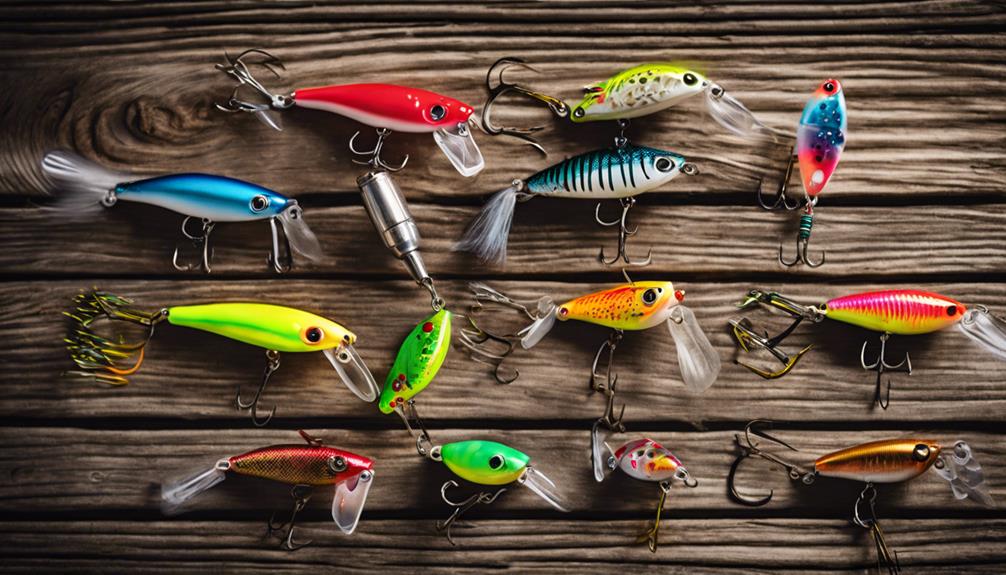Fishing is one of the most beloved outdoor activities in California, attracting millions of anglers each year to its pristine lakes, rivers, and oceans. However, before casting your line, it’s essential to understand the regulations surrounding fishing licenses. This article will guide you through the requirements and any exceptions you might encounter when fishing in the Golden State.
The Importance of a Fishing License in California
A fishing license in California is not just a piece of paper; it’s a testament to responsible fishing practices and conservation efforts. The California Department of Fish and Wildlife (CDFW) regulates fishing licenses to ensure sustainable fish populations and habitats. By purchasing a fishing license, you contribute to these conservation efforts, which help maintain the natural resources that every angler enjoys. Furthermore, fishing without a license can result in hefty fines and penalties, making it crucial to understand the requirements before hitting the water.
Who Needs a Fishing License in California?
In California, most anglers aged 16 and older are required to have a valid fishing license to fish in public waters. This includes both residents and non-residents. The state has made provisions for various types of fishing licenses, including annual, short-term, and lifetime licenses, catering to different fishing habits and preferences. However, specific exemptions exist for certain groups, such as individuals fishing on designated free fishing days, disabled veterans, and children under 16. Understanding these exemptions can save you money and ensure compliance with California fishing laws.
Types of Fishing Licenses Available in California
California offers a variety of fishing licenses to accommodate different needs. The most common types include:
– Annual License: Valid for one year from the date of purchase, this license is ideal for frequent anglers.
– Short-Term License: Options include a 1-day, 2-day, or 10-day license, perfect for visitors or occasional fishermen.
– Lifetime License: Designed for those who fish regularly, this one-time purchase provides a lifetime of fishing enjoyment.
– Special Licenses: Additional licenses are available for specific purposes, such as ocean fishing or fishing in certain designated areas.
Each type has its rules and regulations, so it’s essential to choose the one that best fits your fishing habits.
Where to Obtain a Fishing License in California
Obtaining a fishing license in California is a straightforward process. Licenses can be purchased online through the CDFW website, at authorized retailers, or at CDFW offices. The online option is particularly convenient, allowing you to secure your license from the comfort of your home. When purchasing, be prepared to provide identification and, if applicable, proof of residency. The cost of the license varies depending on the type and duration, so check the latest prices on the CDFW website.
Fishing Regulations and Limits in California
In addition to needing a fishing license, California has specific fishing regulations and limits that every angler must follow. These include regulations on the size, species, and number of fish you can catch. For instance, certain species may have seasonal restrictions, and there are bag limits to prevent overfishing. Familiarizing yourself with the current fishing regulations is crucial, as they can change annually. The CDFW provides updated regulations on its website, ensuring that anglers can stay informed and fish responsibly.
Understanding Free Fishing Days in California
California hosts several free fishing days each year, allowing residents and visitors to fish without a license. On these days, no fishing license is required, making it an excellent opportunity for families and newcomers to experience fishing without the commitment of purchasing a license. Free fishing days typically occur on the first Saturday in July and a specific weekend in September, but it’s essential to check the CDFW calendar for exact dates. While a license isn’t needed, all other fishing regulations remain in effect, so be sure to follow local guidelines during these events.
Consequences of Fishing Without a License in California
Fishing without a license in California can lead to serious consequences. Anglers caught fishing without a valid license can face fines ranging from $100 to $1,000, depending on the severity of the infraction. Additionally, repeated offenses can lead to more severe penalties, including loss of fishing privileges. The CDFW actively enforces fishing regulations, so it’s crucial to ensure compliance to avoid these costly repercussions. Always make sure you have your license on hand while fishing to demonstrate your commitment to responsible angling practices.
Conclusion: Enjoying Fishing Responsibly in California
In summary, if you’re planning to fish in California, understanding the need for a fishing license is essential for a hassle-free experience. Not only does a license signify your commitment to conservation and responsible fishing practices, but it also helps protect the state’s rich aquatic resources for future generations. Whether you’re a seasoned angler or a novice looking to explore California’s bountiful waters, ensuring you have the proper license and are aware of the regulations will enhance your fishing experience. So, before you head out to enjoy the beautiful landscapes and abundant fish, make sure you’re prepared and informed!
